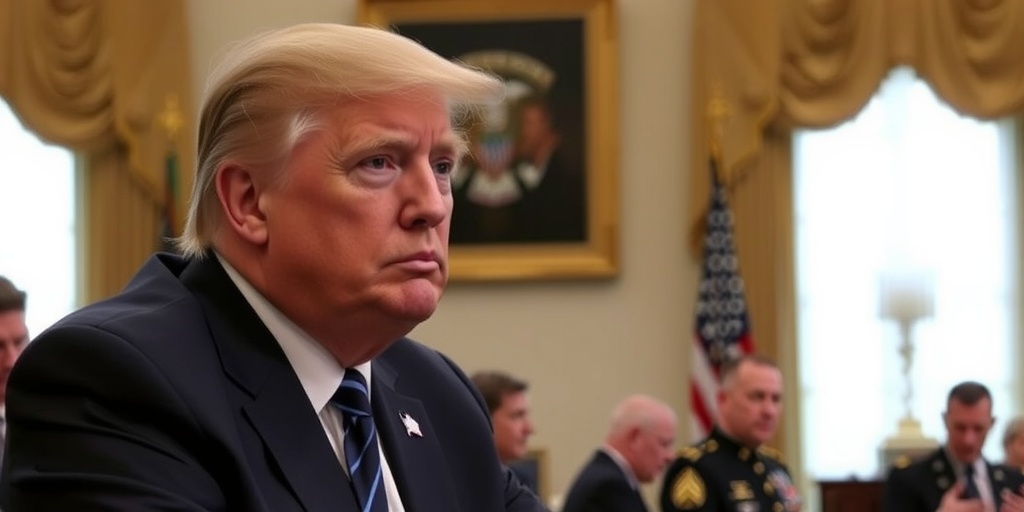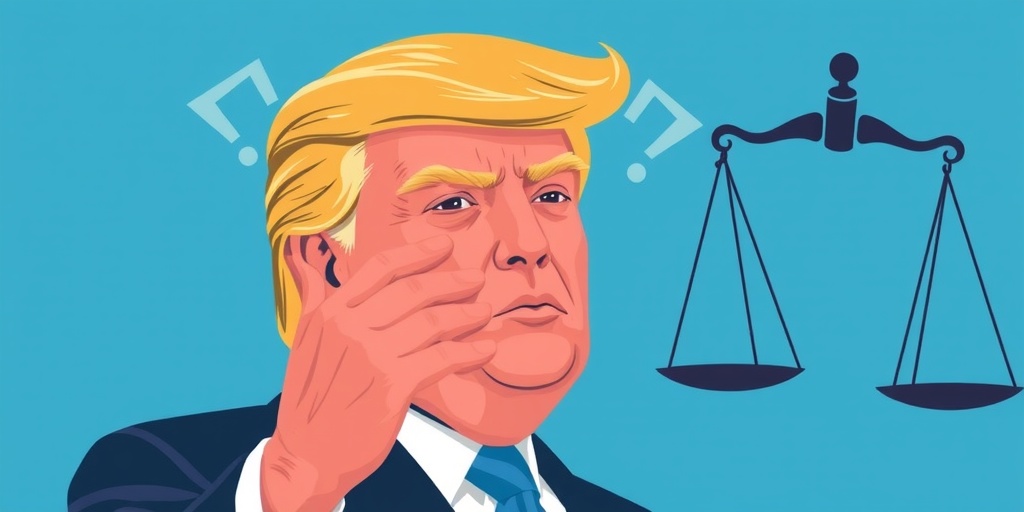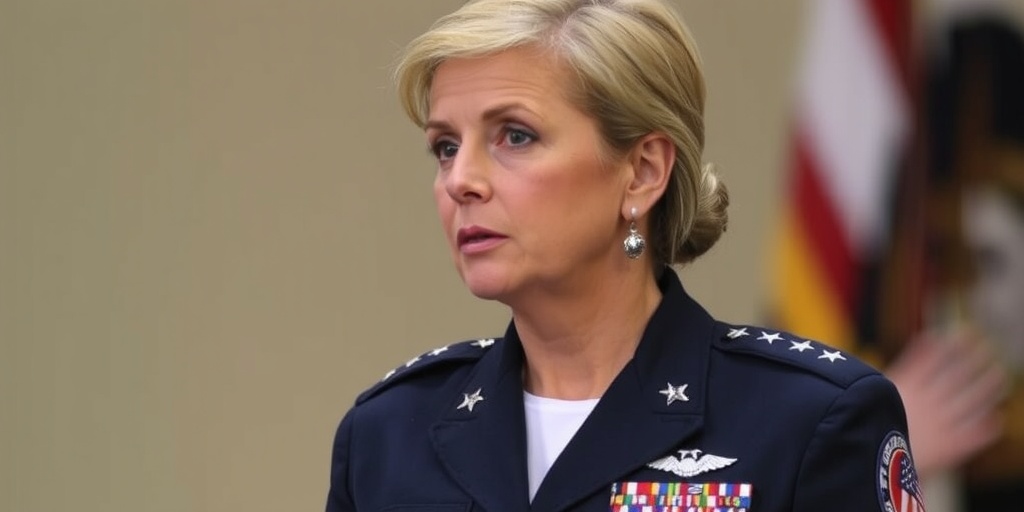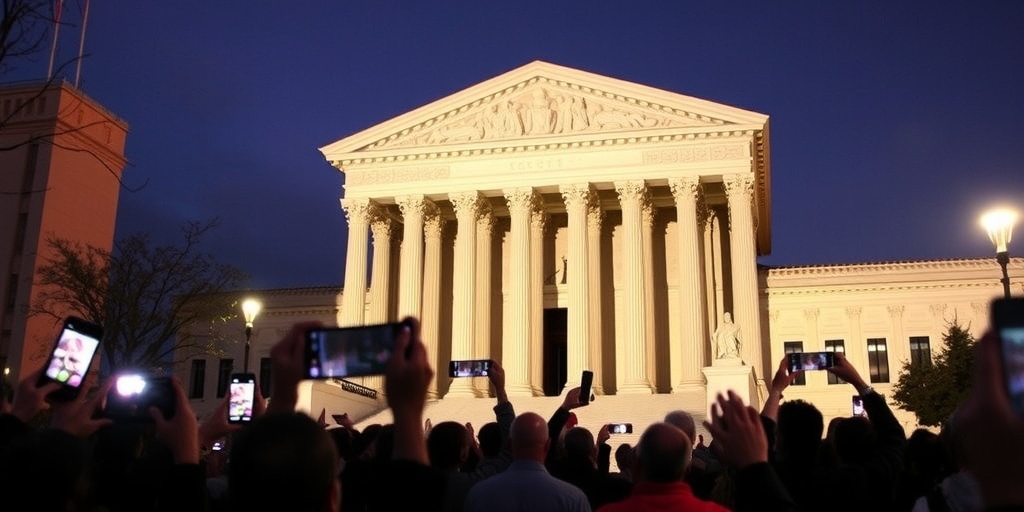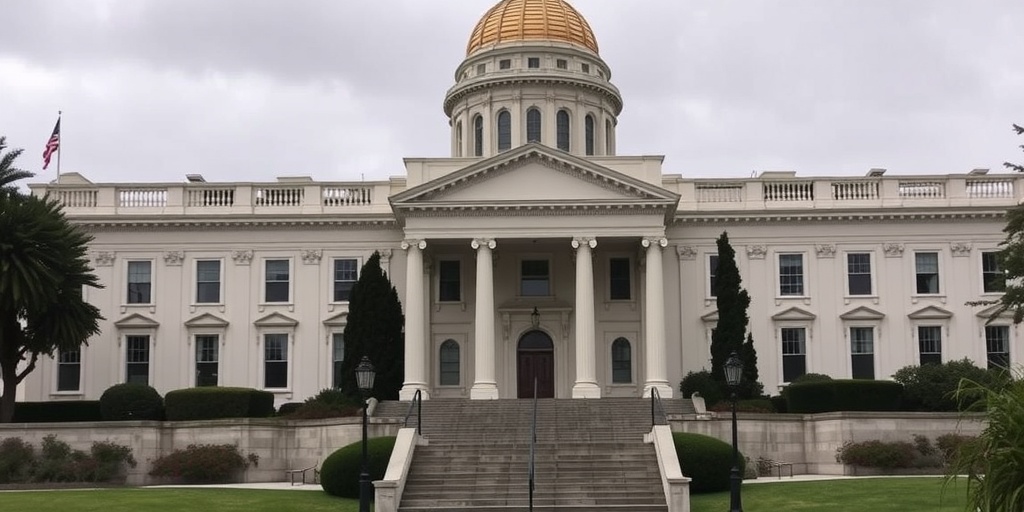Now Reading: WADA Drops Defamation and Ethics Cases Against U.S. Officials
-
01
WADA Drops Defamation and Ethics Cases Against U.S. Officials
WADA Drops Defamation and Ethics Cases Against U.S. Officials
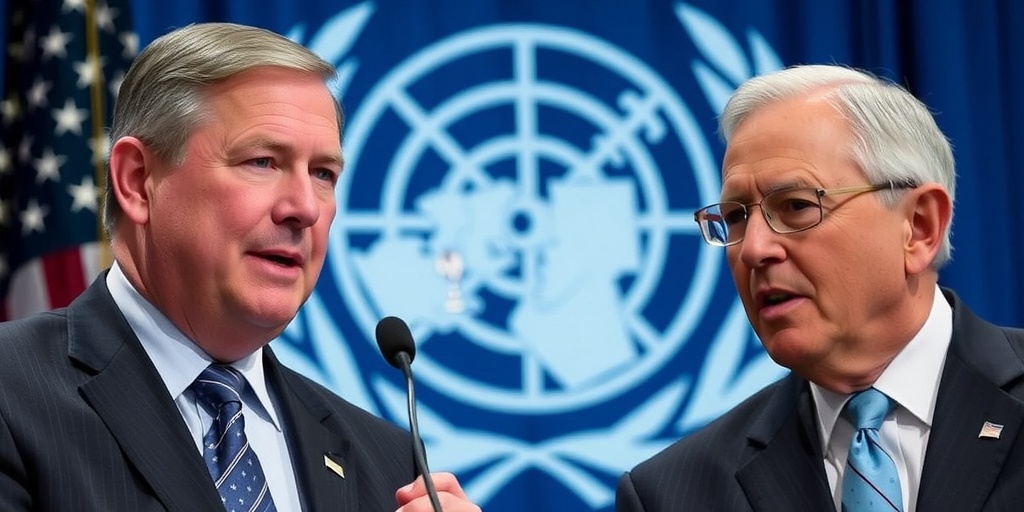
The World Anti-Doping Agency (WADA) has taken a significant step back in its ongoing conflict with the U.S. Anti-Doping Agency (USADA) by dropping a defamation lawsuit that it had filed against the American organization. This decision marks a notable retreat for WADA after nearly a year of mounting tension regarding its response to positive drug tests involving 23 elite Chinese swimmers.
The lawsuit, which WADA had initiated in a Swiss court, was a reaction to remarks made by Travis T. Tygart, the head of USADA. Tygart publicly criticized WADA’s handling of the situation following a report by The New York Times that detailed how these Chinese swimmers had tested positive for a prohibited heart medication just months prior to the Tokyo Olympics. The fallout from this revelation sparked outrage among athletes and anti-doping regulators globally, exacerbating already strained relations between WADA and the United States. Historically, the United States has been the largest contributor to WADA’s budget, but doubts about the agency’s leadership and its effectiveness in maintaining clean sports led to the country suspending its funding.
In addition to withdrawing the defamation lawsuit, WADA also abandoned an ethics investigation concerning Dr. Rahul Gupta, who served as the U.S. representative on WADA’s executive committee during the Biden administration. WADA had accused Dr. Gupta of failing to disclose information related to a Justice Department inquiry into the management of the positive tests involving the Chinese swimmers. Dr. Gupta has maintained that he was not aware of any such investigation being conducted by the U.S. attorney’s office in Boston.
The U.S. Anti-Doping Agency expressed its approval of WADA’s decision to dismiss the lawsuit and the ethics proceeding against Dr. Gupta, calling it a “complete vindication” for both parties. In a public statement, USADA criticized WADA’s actions as retaliatory and a misuse of resources intended to silence legitimate inquiries regarding WADA’s failure to act against the rule violations committed by the Chinese swimmers.
In a statement following the dismissal, WADA did not provide detailed explanations for its retreat but reaffirmed its stance that its actions were justified. The agency claimed it had done nothing wrong in its management of the positive tests and criticized Tygart for his comments. WADA’s communication suggested that its decision to withdraw the lawsuit was part of an effort to refocus on strengthening the global anti-doping system, which the organization has built over 25 years. They emphasized that the lawsuit’s intent was solely to protect WADA’s reputation, with no financial compensation pursued.
Following the completion of their investigation, WADA’s ethics board informed Dr. Gupta that the matter had been concluded. The lawyers representing WADA later reached out to Tygart and USADA to announce that the defamation case had been dropped, crediting the achievement of preserving WADA’s reputation as the reason for their exit from the lawsuit.
Amid these developments, Dr. Gupta has underscored that WADA’s decision to withdraw their claims affirms the unfounded and politically charged nature of the accusations directed toward the U.S. Gupta pointed out that some of the Chinese swimmers who tested positive won medals at the Tokyo Olympics without facing sanctions from WADA, prompting Congress to seek testimonies from anti-doping officials regarding the agency’s inaction.
Through his comments, Gupta argued that WADA’s refusal to submit to an independent audit of its operations, particularly regarding the Chinese cases, demonstrates an urgent need for reform within the agency. He warned that the actions taken by WADA not only compromise the integrity of global anti-doping efforts but also highlight the necessity for systemic changes to restore faith in the agency.
Tensions had reached a fever pitch prior to a scheduled meeting of WADA’s board in Riyadh, Saudi Arabia, where Dr. Gupta had insisted that WADA fulfill its demand for an independent audit. He also called on the agency to withdraw its defamation lawsuit in order to restore U.S. funding, which has been withheld amid the ongoing controversies. WADA had issued warnings that not maintaining funding could adversely affect U.S. efforts to host international sporting events.
As global discussions continue around sports ethics and athlete fairness, the decisions made by WADA in light of this conflict will likely influence the future of anti-doping efforts and international sports governance. With the next Summer Olympics set to take place in Los Angeles in 2028 and the U.S. hosting a majority of the 2026 FIFA World Cup matches, the resolution of these disputes is critical not only for the integrity of the games but also for international sports relations.
Stay Informed With the Latest & Most Important News
Previous Post
Next Post
-
 01New technology breakthrough has everyone talking right now
01New technology breakthrough has everyone talking right now -
 02Unbelievable life hack everyone needs to try today
02Unbelievable life hack everyone needs to try today -
 03Fascinating discovery found buried deep beneath the ocean
03Fascinating discovery found buried deep beneath the ocean -
 04Man invents genius device that solves everyday problems
04Man invents genius device that solves everyday problems -
 05Shocking discovery that changes what we know forever
05Shocking discovery that changes what we know forever -
 06Internet goes wild over celebrity’s unexpected fashion choice
06Internet goes wild over celebrity’s unexpected fashion choice -
 07Rare animal sighting stuns scientists and wildlife lovers
07Rare animal sighting stuns scientists and wildlife lovers













